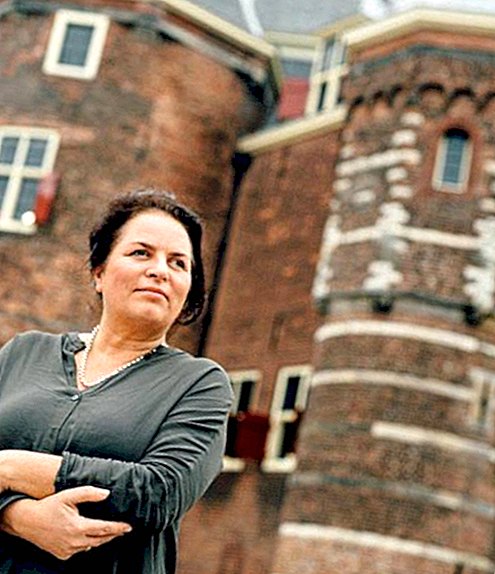Marleen Stikker: The Liberator of the Internet

Marleen Stikker wants to make technology more open
Making technology more understandable and fair - that's what Marleen Stikker has set for himself. The 55-year-old Dutch girl already has experience with this: In 2013, she developed the Fairphone, the first mobile phone that was largely produced in an ecologically and socially responsible manner. The special thing about it: Individual parts such as display and battery are installed so that they can be replaced with almost no tools. Fairphone users can repair their equipment instead of disposing of it, reducing the amount of electrical scrap, while understanding how the technology works. According to Stikker, the phone sold 100,000 times and was awarded the European Environmental Award for Business in 2016.
Stikker wanted to show the big companies that things could be different. "My mission is to make technology more open and integrate everyone." She has a lot of ideas in addition: With a few tech-savvy Amsterdamers, she built particulate matter and nitrogen oxide measuring devices, which are now hanging on the walls of busy streets and wirelessly polluting the exhaust emissions to the residents. The citizens want to put pressure on the city to relieve busy routes. According to Stikker, it is also decisive how transparent a project is: Everyone can look into the programming of the software.
It demands: more transparency and education
It is precisely this lack of transparency that Marleen Stikker accuses the large Silicon Valley companies. She regularly drums Amsterdam's citizens together to educate them about how Facebook misuses their data for promotional purposes. "People see the problems, but you can not just tell them who they can not trust, you also have to come up with a solution," she says. Therefore, she is working on an alternative: an international social media platform that should not enrich itself with the data of its users.
Another new project she is working with artists, hackers and scientists is to give users more control over what data they disclose when they register on websites. In 20 years, Stikker hopes people will regain control over their data and decisions. "People do not tell everything about themselves in the office, and they also keep things secret among their circle of friends - only on the Internet are they forced to disclose everything, and we want to change that."










